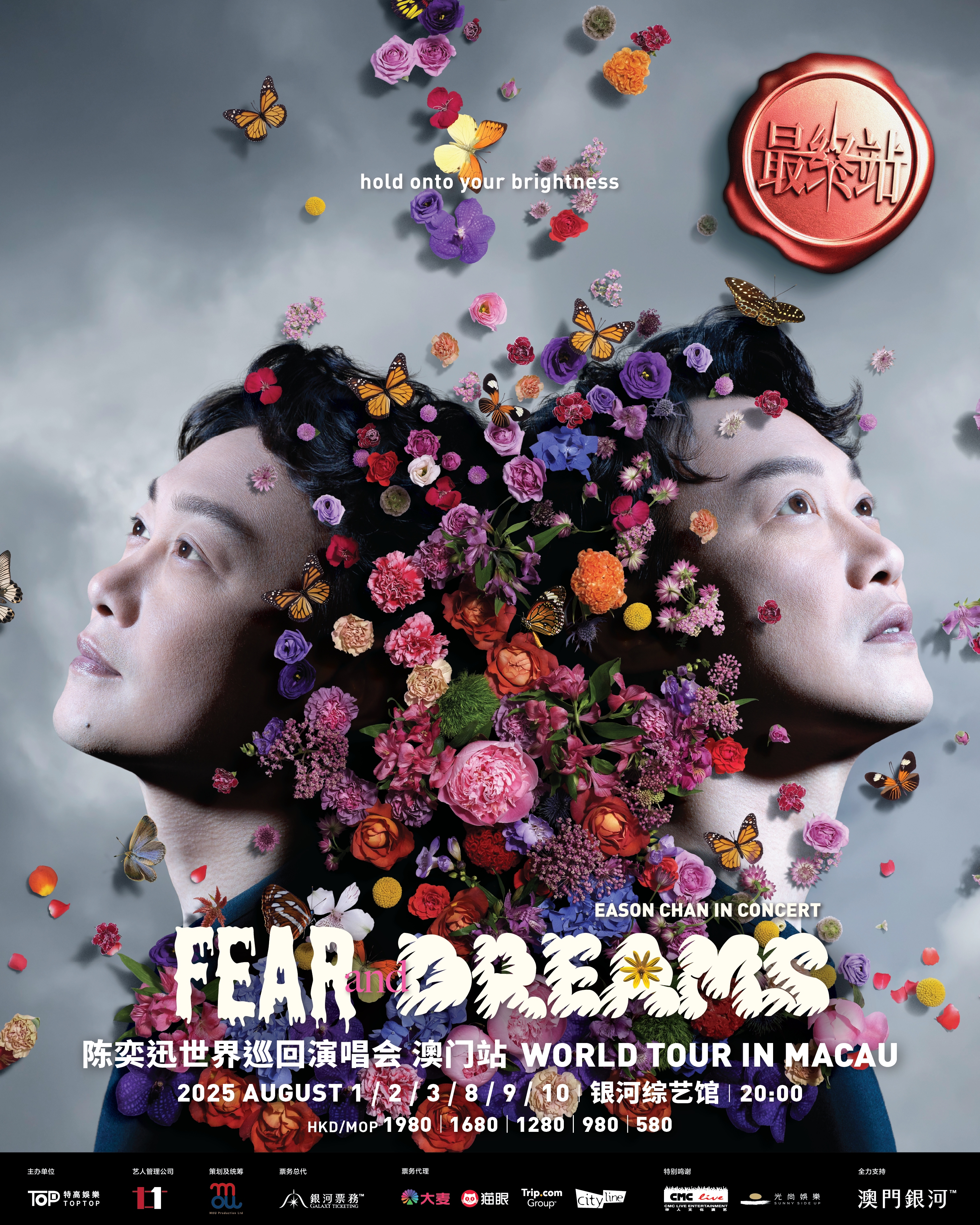Recent Searches
Popular Attractions
Seoul
South Korea
Bangkok
Thailand
Shanghai
China
Hong Kong
China
Tokyo
Japan
Featured Events in Roncesvalles in June, 2025 (July Updated)
Are you interested in Tropical Palm Tree Paint Night?
245 people have participated in this
poll
Yes
No




50%



50%
Type
Location
Event Status
Popularity
Start Time

Keegan Matheson Book Launch: The Franchise: Toronto Blue Jays | Another Story Bookshop
Join Another Story Bookshop and Triumph books to launch Keegan Matheson's new book The Franchise: Toronto Blue Jays. In conversation with Julia Kreuz. Books will be for sale and Keegan Matheson will be signing. In The Franchise: Toronto Blue Jays, take a more profound and unique journey into the history of Canada's team.
This thoughtful and engaging collection of essays captures the astute fans’ history of the franchise, going beyond well-worn narratives of yesteryear to uncover the less-discussed moments, decisions, people, and settings that fostered the Blue Jays' distinctive identity.
Through wheeling and dealing, mythmaking and community building, explore where the organization has been, how it came to prominence in the modern major league landscape, and how it will continue to evolve and stay in contention for generations to come.
Jays fans in the know will enjoy this personal, local, in-depth look at baseball history. Keegan Matheson covers the Toronto Blue Jays for mlb.com. Julia Kreuz co-hosts Jays Talk Plus on Sportsnet 590 The FAN all season long. You can also catch Julia on the Blue Jays’ pre-game and post-game radio shows. Originally from Brazil, Julia has quickly become an important voice in Canadian baseball media as an analyst and storyteller. Her writing has appeared at Sportsnet, MLB.com and the Toronto Star along with the Blue Jays’ in-stadium magazine at Rogers Centre.
Information Source: Another Story Bookshop | eventbrite

Storykeeping with Dan Yashinsky | Another Story Bookshop
Join us for an informal and participatory talk about how we can become a “storykeeper” for our loved ones. When his son Jacob died in a tragic accident in 2018, Dan Yashinsky began to collect all of Jacob’s sayings and doings, writing them the way he imagined Jacob might tell them himself. Written in grief, this loving and often funny chronicle became I Am Full – Stories for Jacob (Signature Editions). After readings from his book, Dan will invite participants – if you are comfortable doing so – to share your own experiences as a storykeeper. Dan is a Toronto-based storyteller, and the author of Suddenly They Heard Foosteps – Storytelling for the Twenty-first Century, I Am Full – Stories for Jacob, and The Golden Apples. In 1979, he founded the Toronto International Storytelling Festival. He worked as the storyteller-in-residence at Baycrest Health Sciences for many years. In 1999 he received the Jane Jacobs Prize for his work with storytelling in community.
Information Source: Another Story Bookshop | eventbrite

Palimpsest Press Spring Launch! | Another Story Bookshop
Join us for Palimpsest Press's Spring 2025 launch, with new titles from Tracy Wai de Boer, Shane Neilson, Chris Hutchinson, and Karen Smythe! ABOUT THE AUTHORS Tracy Wai de Boer is an award-winning writer, poet, and multidisciplinary artist. She co-authored Impact: Women Writing After Concussion which won the Book Publishers of Alberta Best Non-Fiction Award and was named one of CBC’s Best Non-Fiction Books of 2021. Her chapbook, maybe, basically, was published with Anstruther Press in 2020. Tracy was a resident at the Banff Centre for Arts and Creativity (2017, 2023) and her work has been featured internationally in outlets including Hypatia: A Journal of Feminist Philosophy, Catapult, Plenitude Magazine, Ricepaper Magazine, G U E S T, canthius, Prude Magazine, Petal Projections, and Unearthed Online Literary Journal. Nostos is Tracy's first full-length poetry collection. Shane Neilson is a mad and autistic poet-physician who practices in Guelph, Ontario and who teaches health humanities at the Waterloo Regional Campus of McMaster University. His prose has appeared in the Walrus, Maisonneuve, Image, the Globe and Mail, and many other places. Chris Hutchinson is the author of four previous poetry books, as well as the autofictive verse-novel Jonas in Frames. He has lived all over North America, from Dawson City, Yukon, to Brooklyn, New York, working as a line cook and, more recently, teaching creative writing to undergraduates. He is now a permanent faculty member of the English Department at MacEwan University, located on Treaty 6 Territory. Karen Smythe is the author of the novel This Side of Sad (Goose Lane Editions, 2017), the story collection Stubborn Bones (Polestar/Raincoast, 2001), and the critical study Figuring Grief: Gallant, Munro, and the Poetics of Elegy (McGill-Queen’s U.P., 1992). She lives in Guelph, Ontario. ABOUT THE BOOKS Taking its title from Ancient Greek, Tracy Wai de Boer’s Nostos is a hero’s journey rooted in the quest for selfhood from elemental beginnings to an unknowable end. “Nostos” translates to homecoming and is one of the root words of nostalgia; the other, “algos,” means pain, making nostalgia a painful return home. This etymology acts as guide for de Boer’s “i” when she imagines homecoming as less a moment of arrival and more about desire to move through pain and mystery in the formation of self. Nostos is an essential debut from one of Canada’s fastest rising poets. In What to feel, how to feel, Shane Neilson dazzles in the lyric essay form. Focusing on non-neurotypicality, Neilson investigates his supposed difference of self while also holding to account society’s construction of that difference, moving from his early childhood to adulthood and then back again in terms of a neurodivergent fathering of his own son. Covering subjects that have yet to receive attention in Canadian literature, including how the medical profession discriminates against its own, Neilson’s poetic accounts of stigma and self-discovery interleavened with literary history mark a first in our letters. In Lost Signal,Chris Hutchinson celebrates the resilience and adaptability of language, while locating the tipping points of our ongoing environmental, informational, and humanitarian crises. Subtle semantic shifts mirror ideological rifts — yet lyricism thrives, along with a diversity of perspectives, forms, and styles, affirming faith in the power of the human spirit to challenge the insidious forces shaping our collective present. Samara and J., a struggling young couple, are off to J.’s birthplace, Upton Bay, a small town turned upscale theatre and winery destination. Sam has been hired by an editor friend to wrie a promotional piece about the place while she and J. stay with his grandfather Otto, a prominent businessman in his day. But their visit does not go as planned. Sam’s explorations of Upton’s tourist attractions lead her to ugly truths behind the quaint little town’s façade—discoveries that are counterpointed with vignettes of the town’s wealthy, elderly ruling class, painting a different picture than the one Sam’s friend expects her to provide. Tensions between Sam and J. worsen as J.’s true nature emerges and Sam begins to question both his values and his family’s past—especially after Otto tells them stories about his time as a German soldier during WW2. Back in the city, Sam’s opinions and judgments about what is right and wrong are tested when a shocking truth surfaces about her grandmother’s flight from Norway after the war, profoundly changing Sam's understanding of who she is and who she wants to become. In A Town with No Noise, fact and fiction combine to ask difficult questions about the communities we build, questions that are as relevant today as ever: Who stays? Who is chased away? And who decides? ABOUT PALIMPSEST Palimpsest Press publishes poetry, literary fiction, and non-fiction titles that deal with poetics, cultural criticism, and literary biography. We look for poetry that displays technical mastery, precise language, and an authentic voice, and fiction that is rich in imagery, well crafted, and focused on character development. Our non-fiction titles are essays or memoirs written by poets, and books that examine Canadian poetry and the Canadian cultural landscape. Palimpsest Press’ mission is to publish high quality work in beautifully designed and collectible volumes. Our belief is that a book should be an object of beauty and inspiration. Our objectives are to seek out the best new and established voices in Canadian literature and we have committed at least 30% of our titles to authors living with disability. We are committed to maintaining high editorial and production standards, ensuring our trade books are well distributed, kept in print, and promoted through readings, events and advertising.
Information Source: Another Story Bookshop | eventbrite




